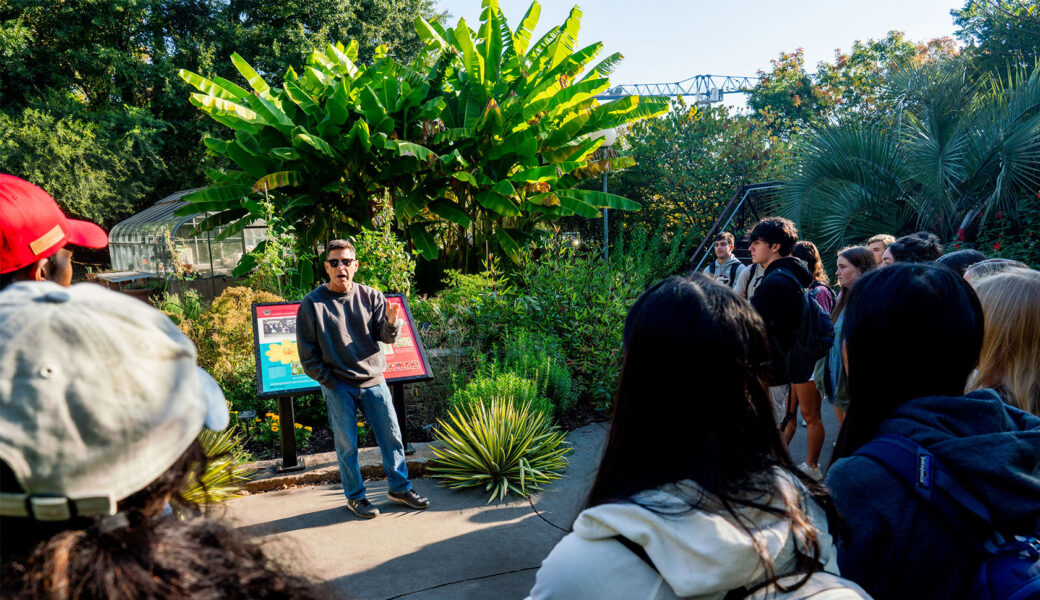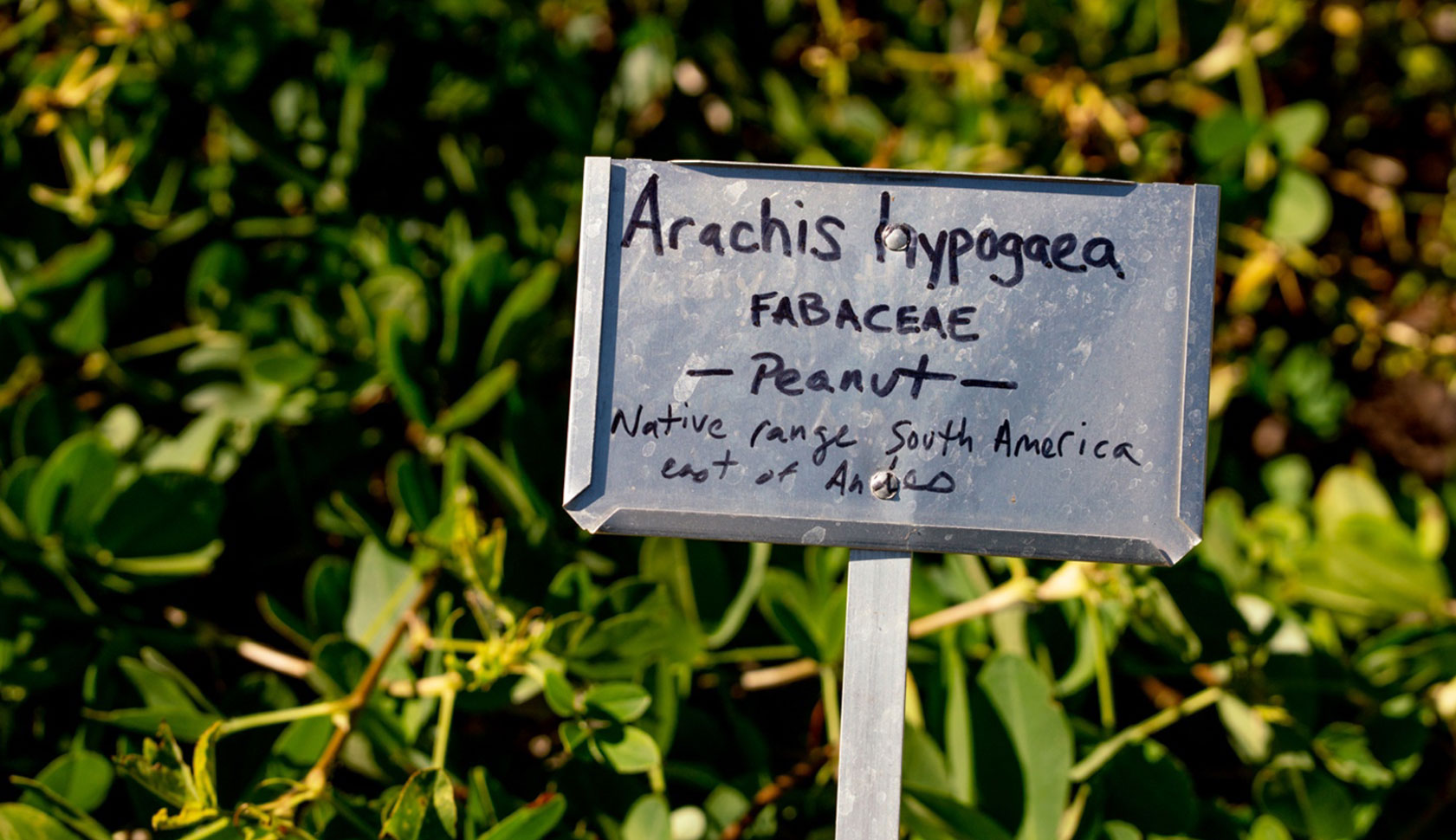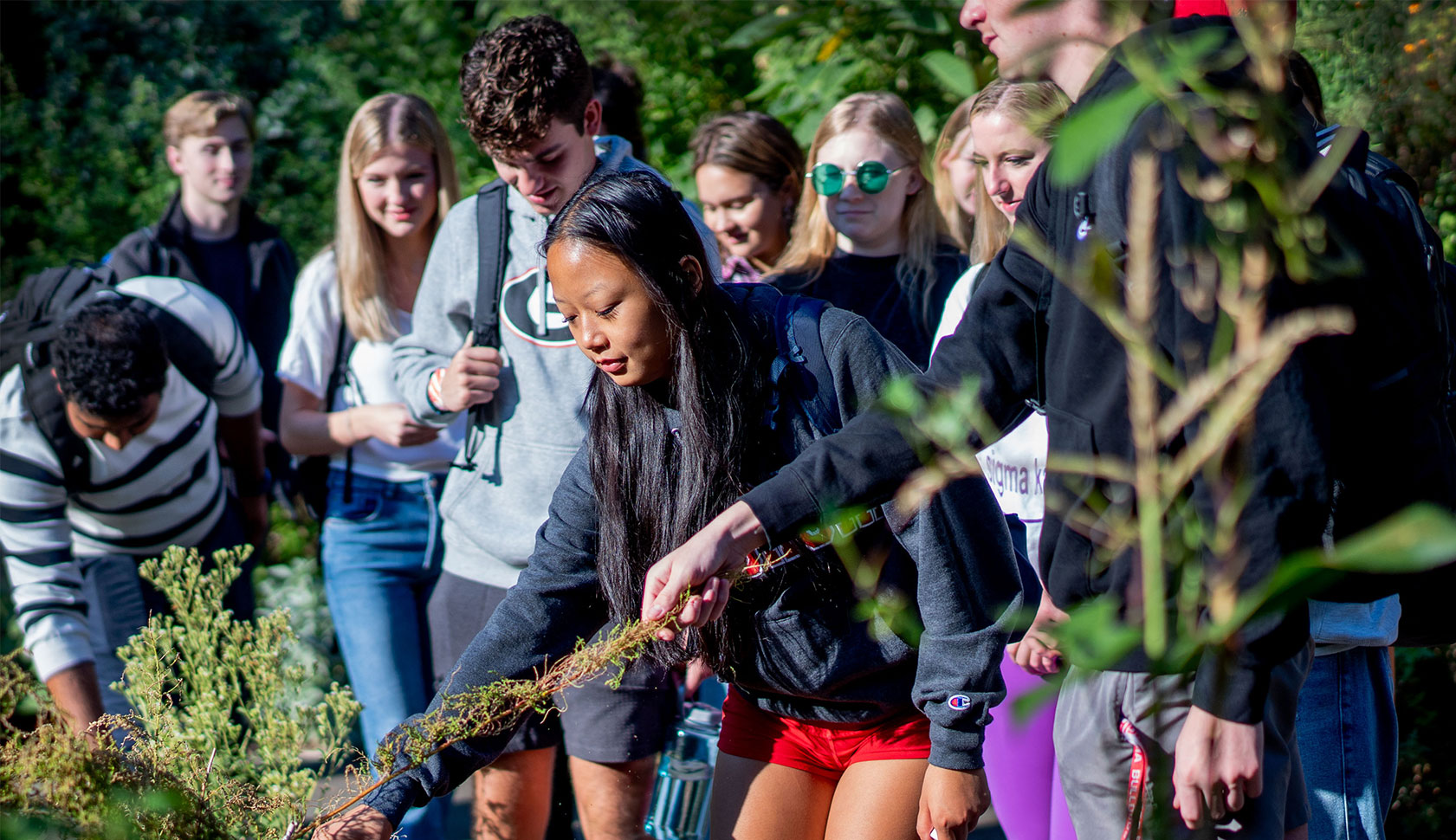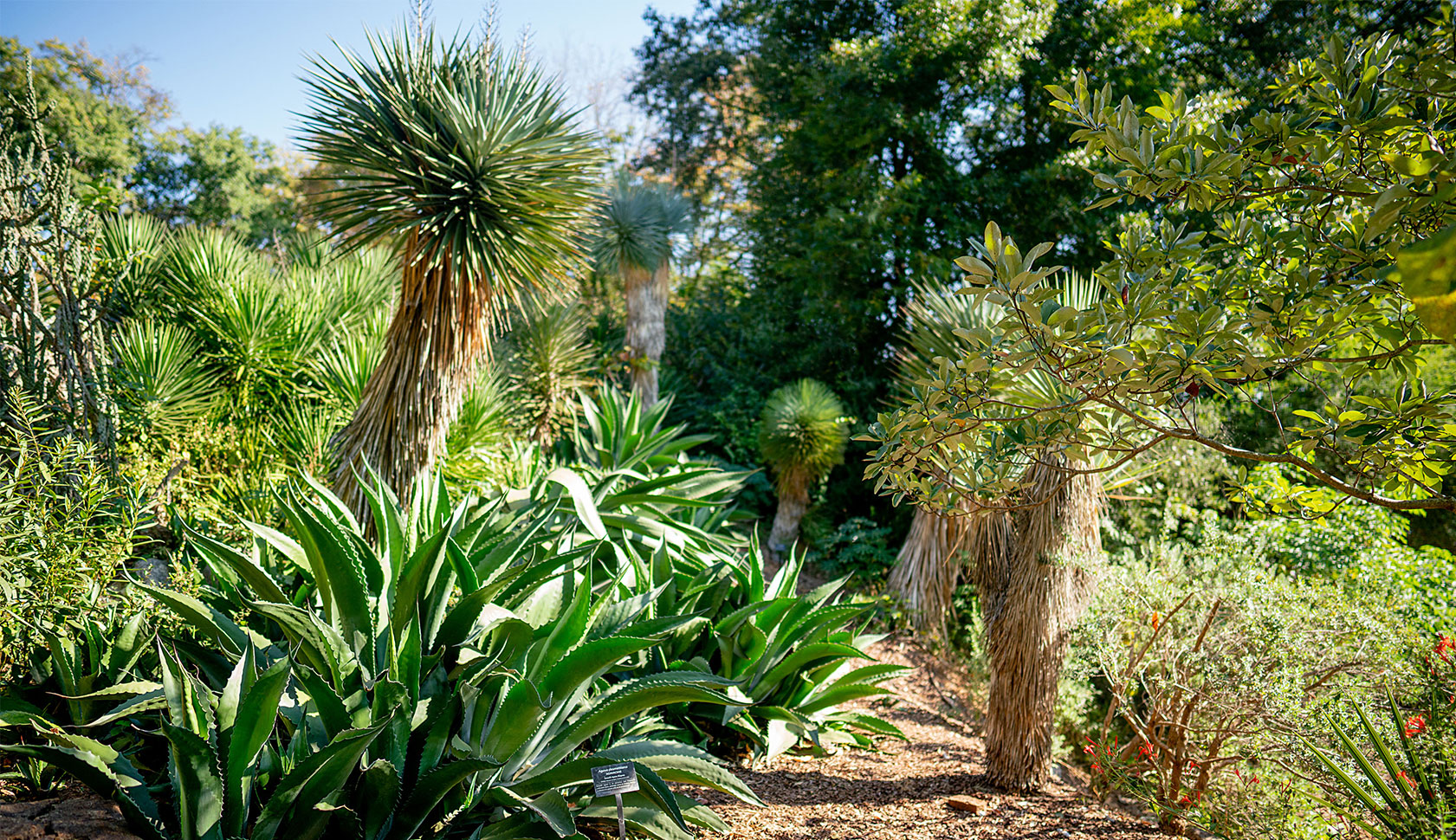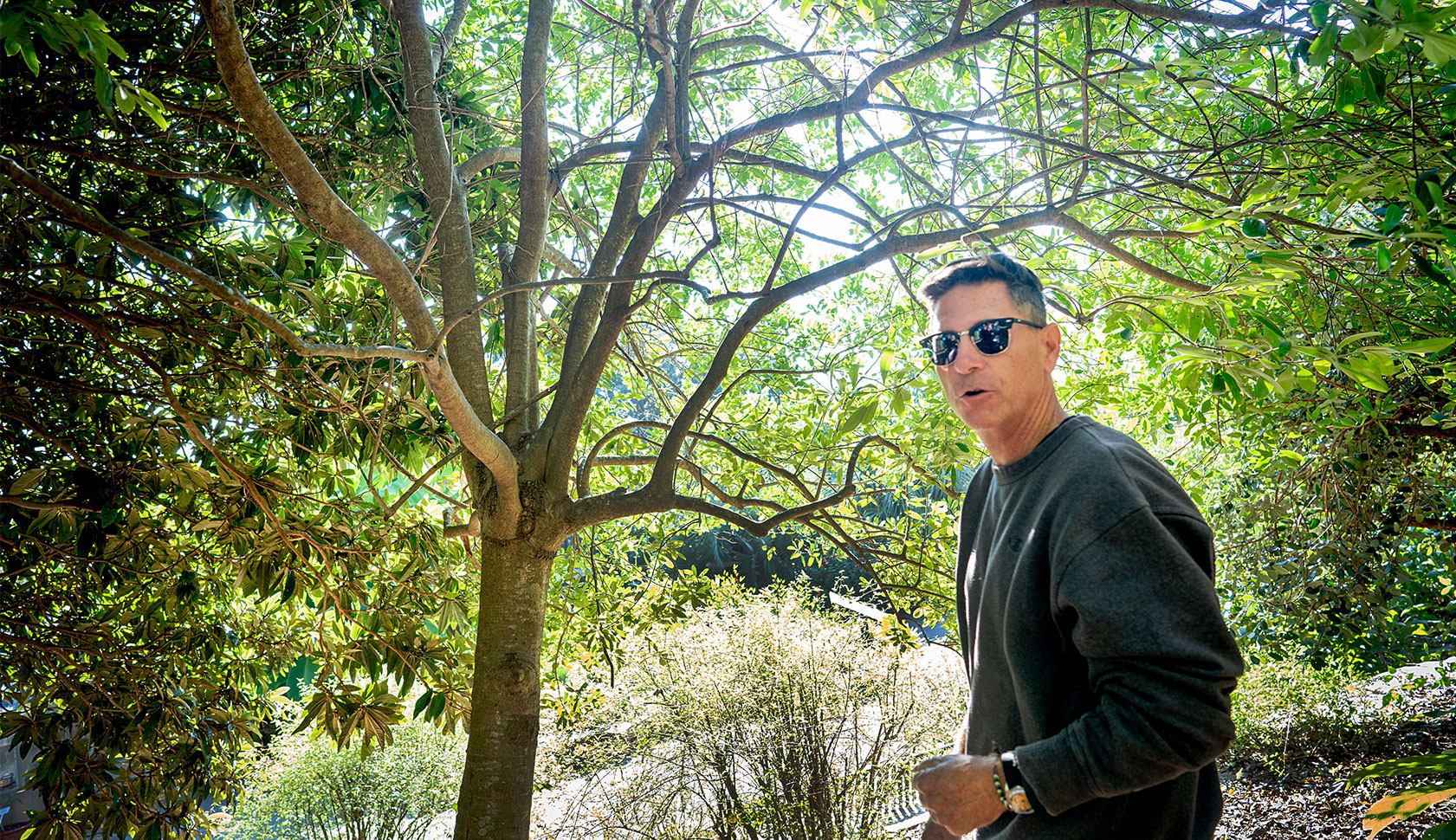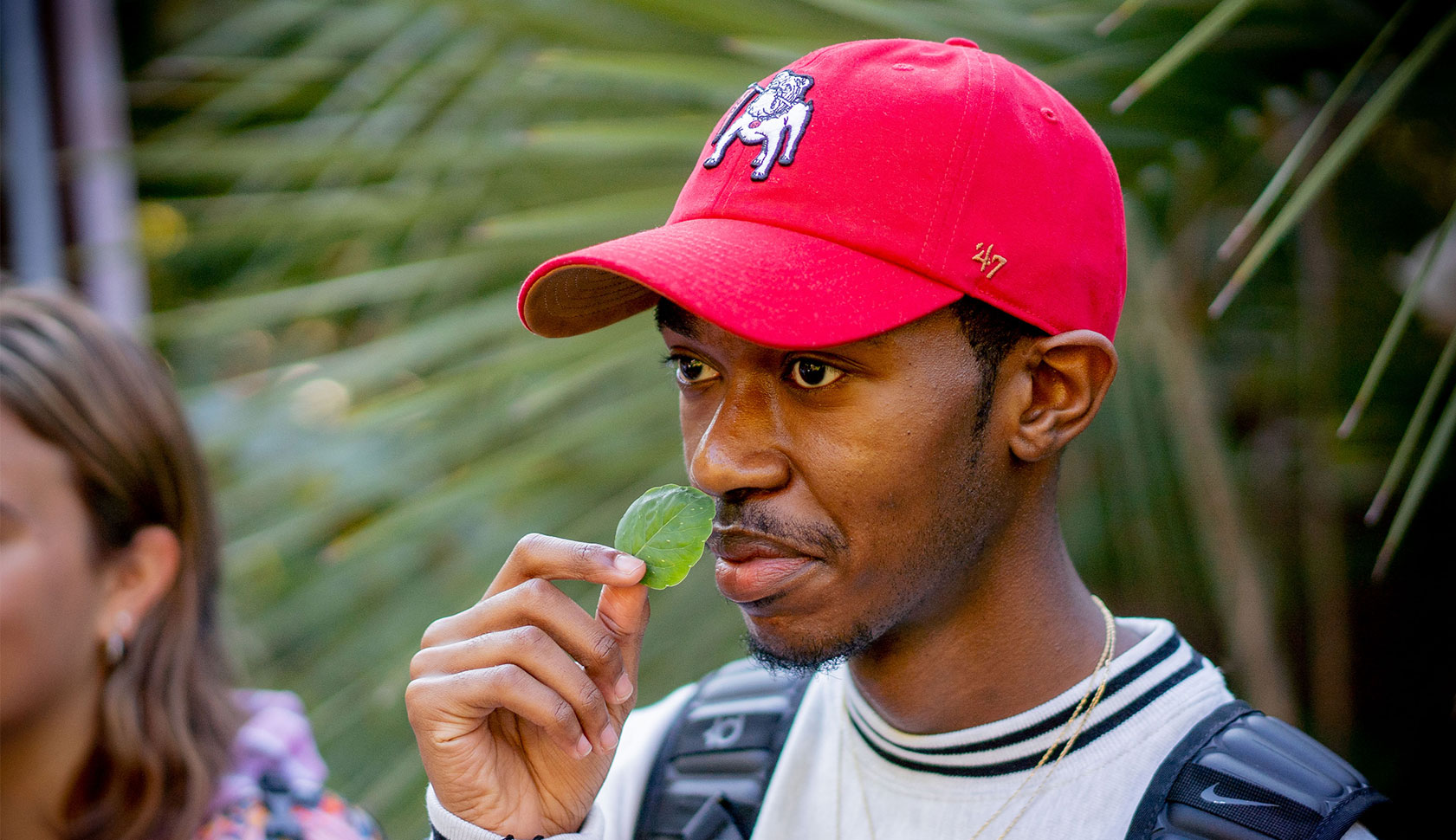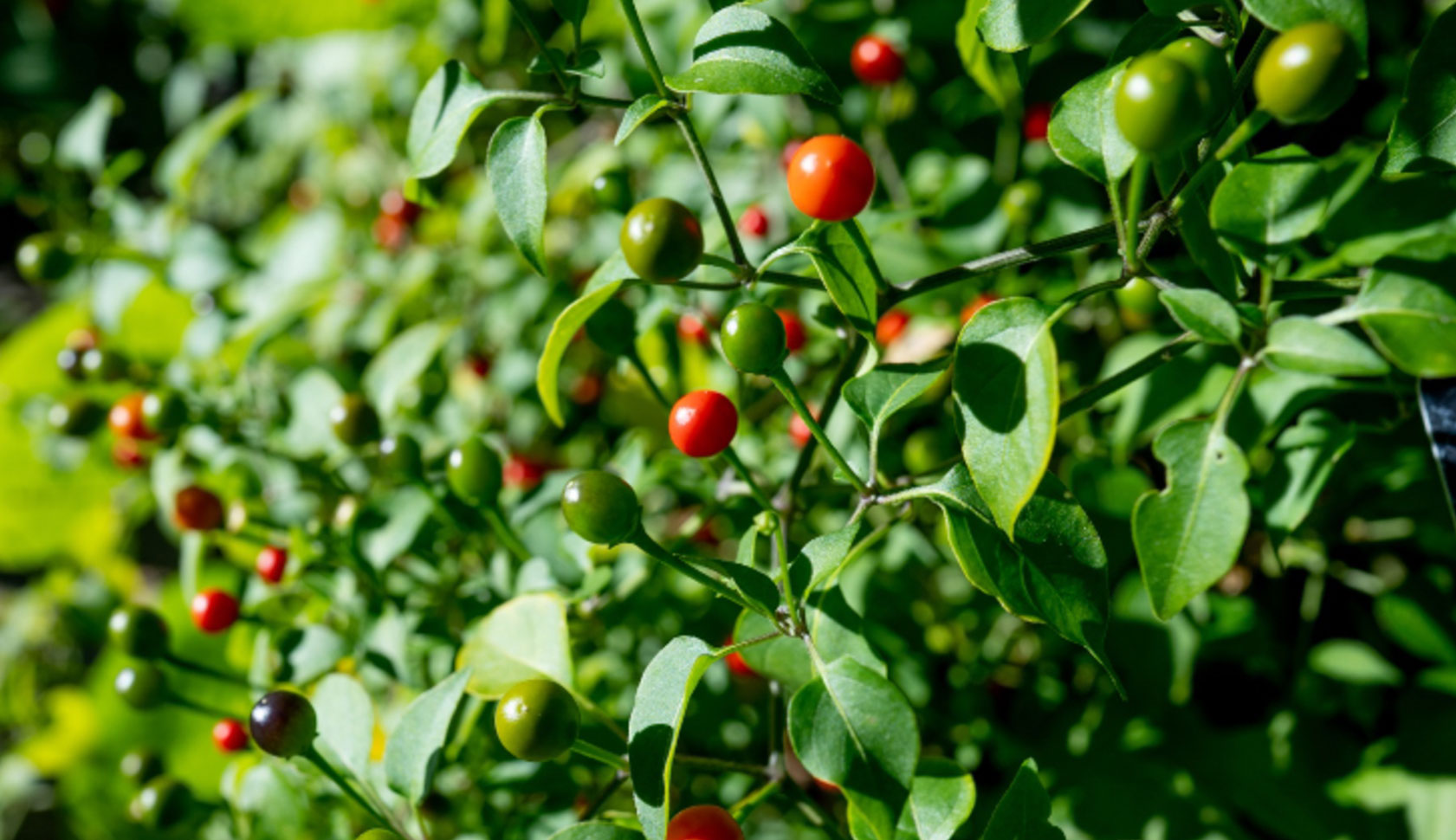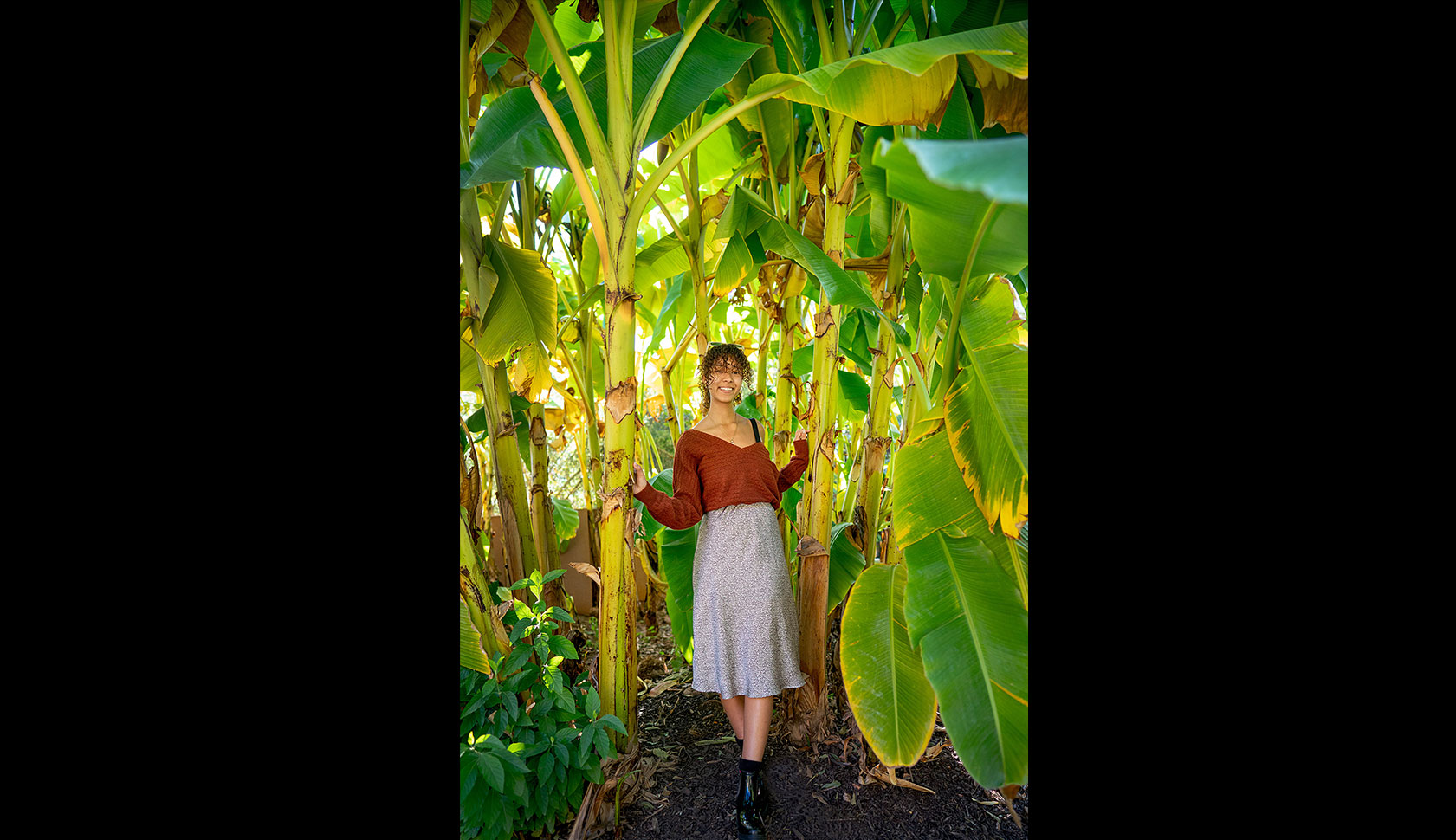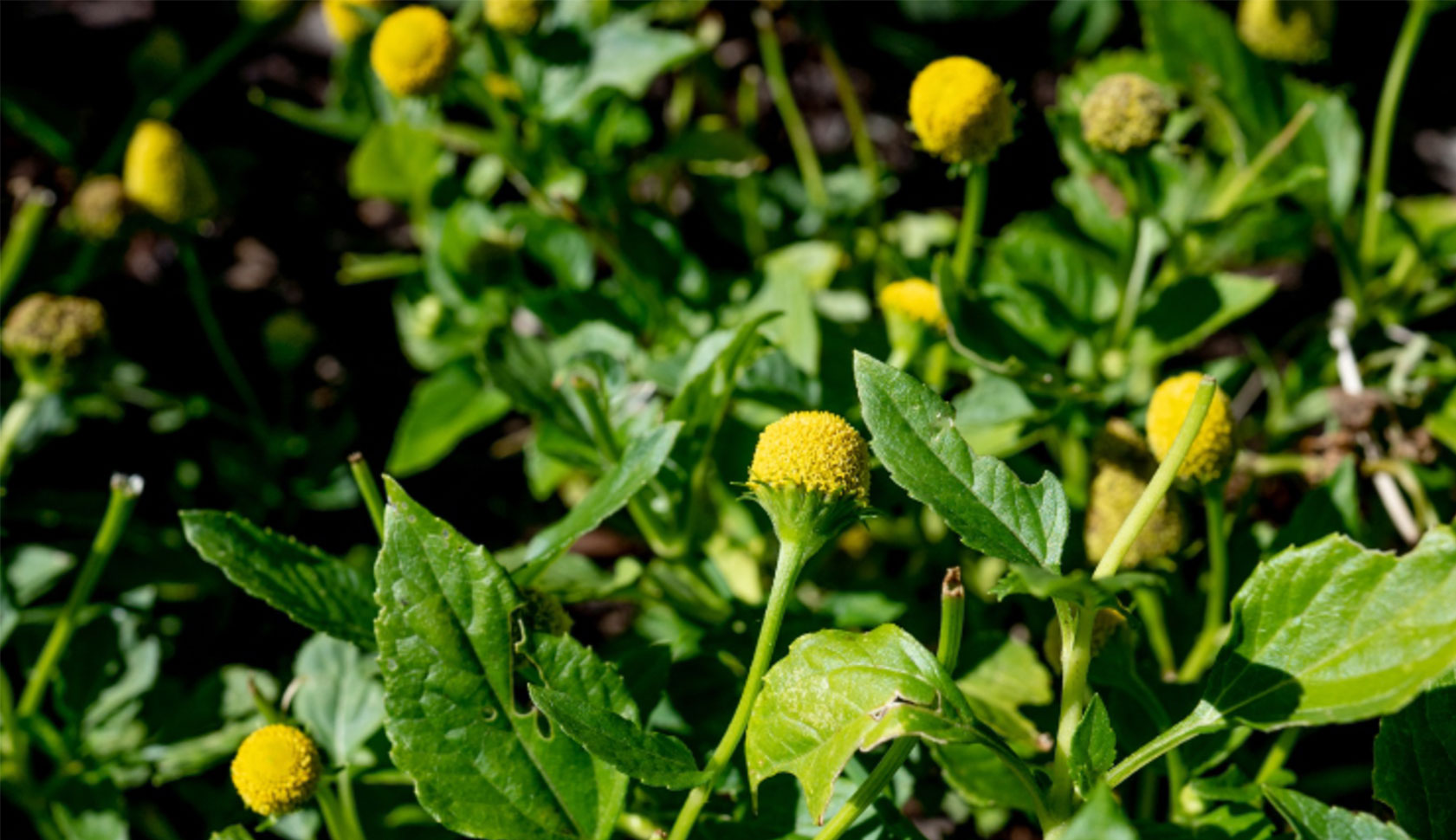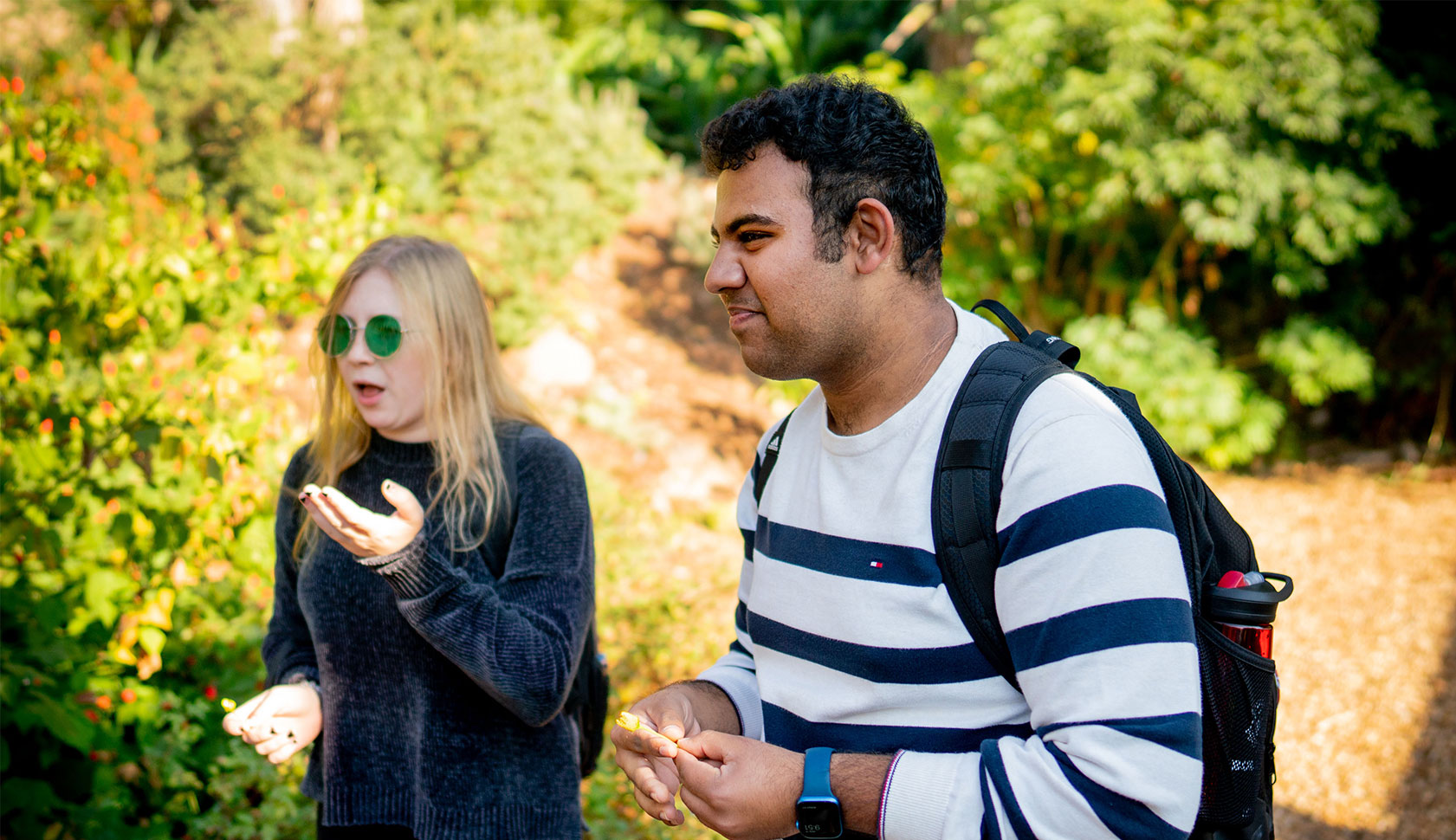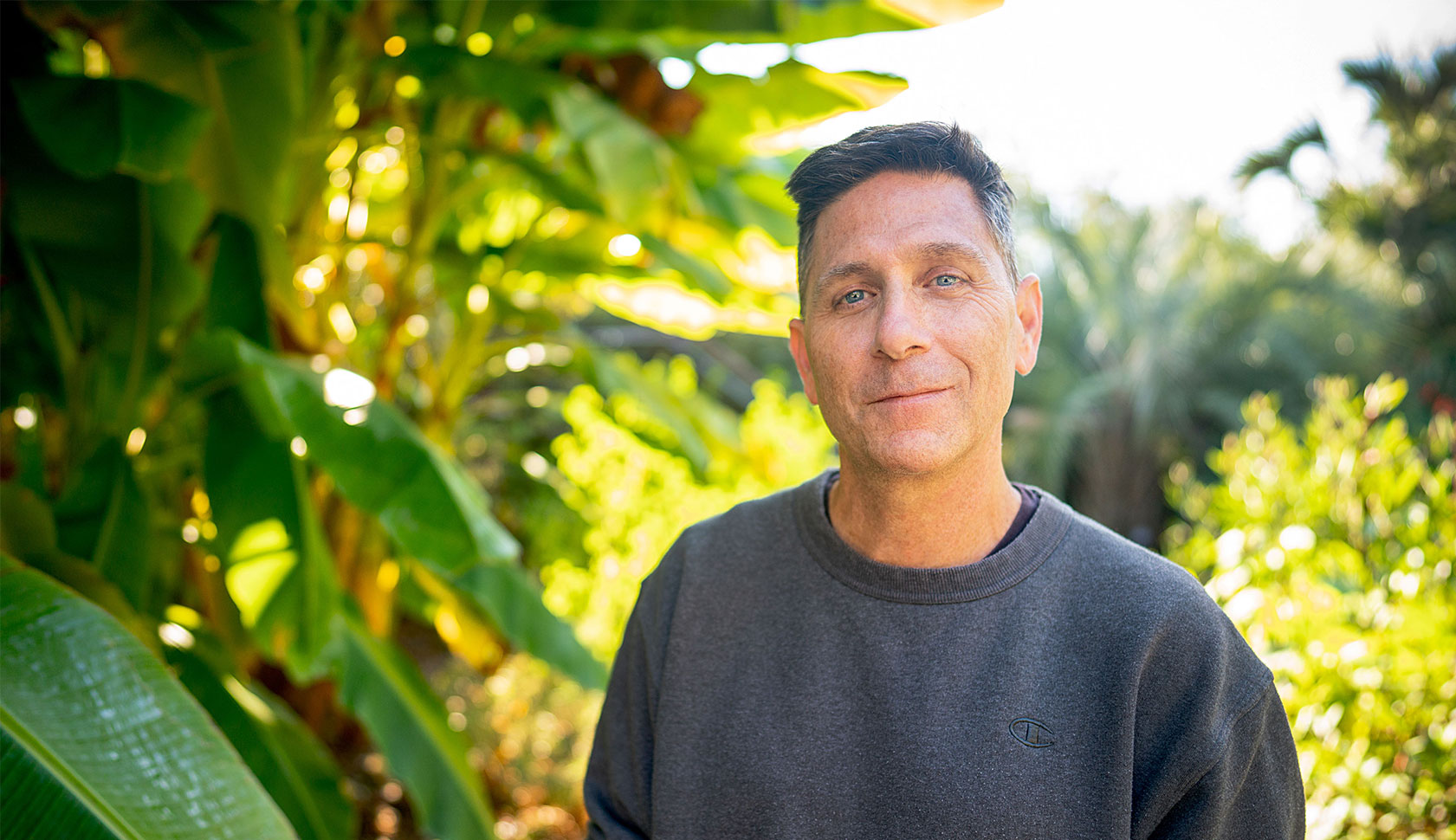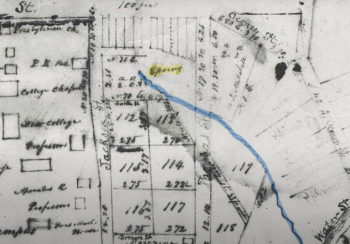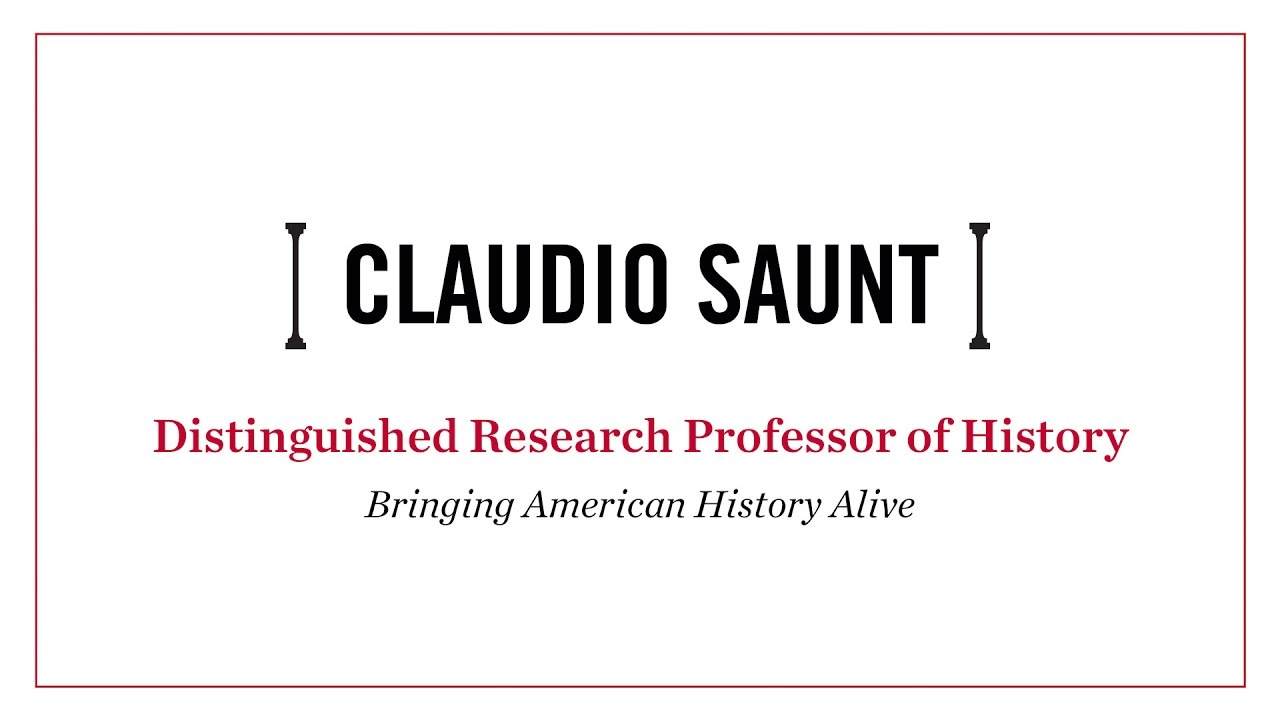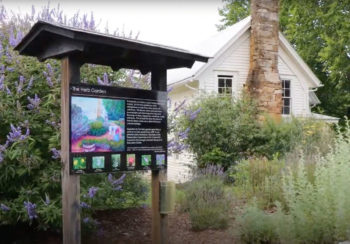At first glance, UGA’s Latin American Ethnobotanical Garden might seem like a curious collection of plants from Latin American and the Caribbean.
Look closer, though, and there’s an important story being told: thousands of years of indigenous knowledge coming to life for visitors to experience first-hand.
Since opening in 1998, the garden has expanded to include some 150 culturally important annual and perennial plants from throughout the region. Many hold medicinal value in indigenous communities and long have been used to treat such a wide range of ailments as anxiety, depression, toothache, upset stomach, nosebleeds and more.
Located behind Baldwin Hall at the corner of Baldwin and Thomas streets, the garden is overseen by Paul Duncan, who also serves as associate director of UGA’s Latin American and Caribbean Studies Institute, part of the Franklin College of Arts & Sciences. Through his work with the garden, Duncan emphasizes the critical role that indigenous knowledge historically has played—and continues to play—in the lives of countless people from throughout the Americas.
“It’s important to remember that agriculture in the state of Georgia is very dependent on indigenous knowledge, which has been used for thousands of years,” Duncan said.



